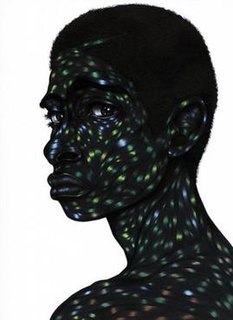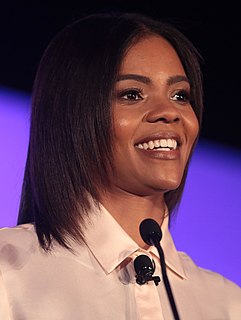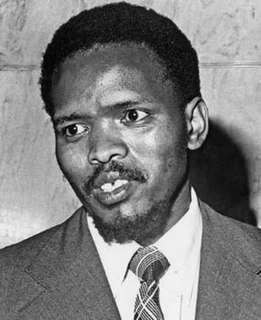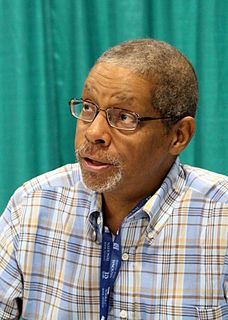A Quote by Toyin Odutola
Being a black artist, the first thing people want to talk about is your blackness, the importance of your blackness and your black presence.
Related Quotes
When I started, I was aware of using the black as a rhetorical device. It's understanding that black people come in a wide range of colors, but you find instances in a lot of black literature in which the blackness is used as a metaphor. In some places, you can find an extreme blackness used as a descriptive.
When I have my Afro and walk down the street, there's no doubt that I'm black. With this [straightened] hair, if I talk about being black on air, viewers write and say, "You're black?!" I feel [straightening your hair] is giving up a sense of your identity. Let's be honest: It's an effort to look Anglo-Saxon.
I'm not talking about my children's father'he's a wonderful black man, the hero of my life, and he's never disrespected or betrayed me. But I'm talking about what I see in the streets and in the media, this naked hatred that black men have towards the authentic black woman'which is really an indication of black men's hatred for blackness itself.
No other creative field is as closed to those who are not white and male as is the visual arts. After I decided to be an artist, the first thing that I had to believe was that I, a black woman, could penetrate the art scene, and that, further, I could do so without sacrificing one iota of my blackness or my femaleness or my humanity.




































